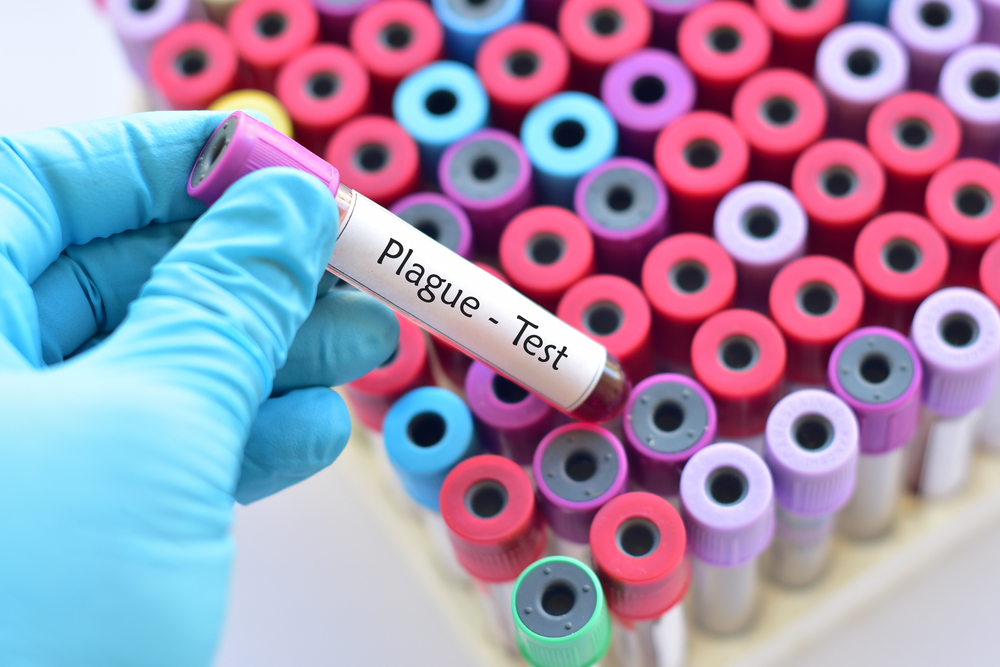
During a visit to the plague-shaken nation of Madagascar, Tedros Adhanom Ghebreyesus, Director-General of the World Health Organization (WHO), called for a $4 million investment to effectively combat the biological threat.
The most recent outbreak of pneumonic and bubonic plague in-country left more than 200 dead over a period of four months. While the worst of it was declared over back in November 2017, the threat remains. Therein, plague is a seasonal occurrence, usually striking again between September and April.
“Madagascar can make plague epidemics a thing of the past through strategic investments in its health system – including better access to healthcare, improving preparedness, surveillance and response capabilities, and implementing the International Health Regulations,” Ghebreyesus said.
The director-general was joined in Madagascar by WHO Regional Director for Africa Matshidiso Moeti, with the intention of meeting local and international officials, as well as plague survivors and affected families, treatment centers, and the National Operational and Strategic Centre for Epidemiological Surveillance.
“This unprecedented pneumonic plague outbreak was contained due to the tireless efforts of Malagasy health workers and partners,” Ghebreyesus said in a thank you to partners in the fight. “WHO will continue to support plague preparedness, control and response, and we call on our international development partners to help us end human outbreaks. This will include better understanding of the wider factors that allow plague to spread, and strengthening national capacities to manage similar emergencies in the future.”
Funding for the plague response in Madagascar has come from the WHO Contingency Fund for Emergencies, as well as the governments of Italy, Norway, and the Republic of Korea. Those funds went to the delivery of medicines and supplies, bolstering governmental efforts, sharing guidelines on case management and safe burials, surveillance and lab testing, training of local identifiers and strengthening public health efforts at ports and airports.




